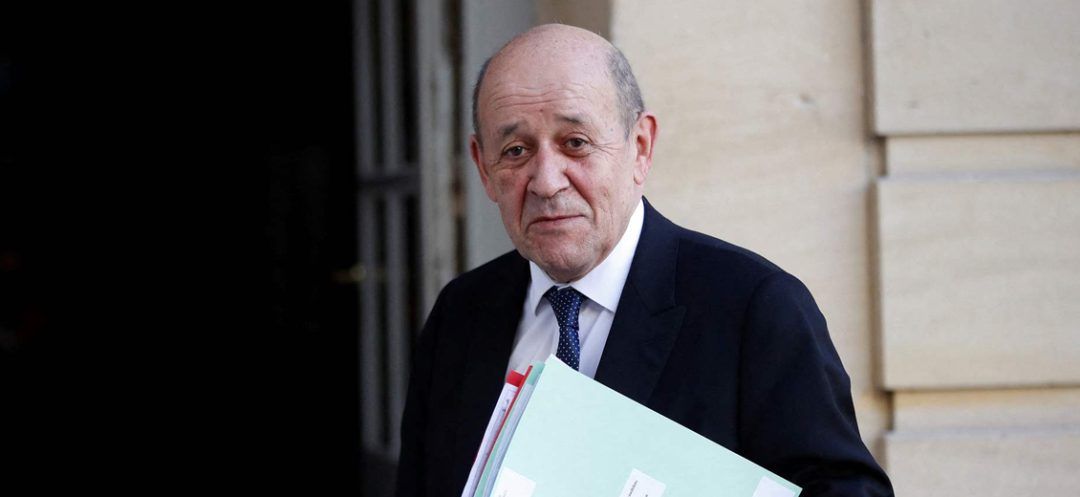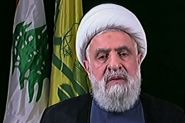
The French presidential envoy, Jean-Yves Le Drian, did not introduce any new initiatives regarding the presidential election during his current visit to Beirut. There was no proposal or roadmap to move the electoral dossier forward. Those who met with him noted that he merely urged them to elect a president as soon as possible, stressing the positive impact this could have in helping Lebanon manage the ongoing military escalation between Israel and Hezbollah.
House Speaker Nabih Berri reiterated his call for dialogue or consultation, insisting that this process must precede any call for an electoral session. This suggests that Berri remains unwavering in his stance on dialogue and has not shifted his position, according to sources monitoring the visit.
Meanwhile, in his meeting with Lebanese Forces (LF) leader Samir Geagea, the latter stressed that the first step should come from Berri by convening a full quorum electoral session. In this session, an attempt to elect a president would be made, and if unsuccessful, the process of consultation or dialogue would begin in Parliament, as determined by the parliamentary blocs. Sources indicated that while Le Drian does not oppose the LF’s proposal, he did not secure Berri’s approval. In fact, the Speaker of the House did not express a position on the proposal, merely acknowledging that he had been informed of it earlier without taking a stand.
In this context, sources reveal that some ambassadors from the Quintet (Saudi Arabia, Qatar, the USA, France and Egypt) including Saudi Ambassador Walid al-Bukhari, were hoping that Le Drian’s visit would lead to some progress. However, it seems that some Lebanese parties dashed these hopes, despite having received numerous messages emphasizing the urgency of electing a president as soon as possible, even amid ongoing conflict.
In fact, waiting for the results of the US elections, as some have planned, seems misguided, as current developments in Lebanon could shift the reality on the ground. This could further complicate the domestic political landscape, allowing regional and international powers to dictate Lebanon’s political future according to their own interests rather than reflecting the wishes of the Lebanese people.
Read more



Comments